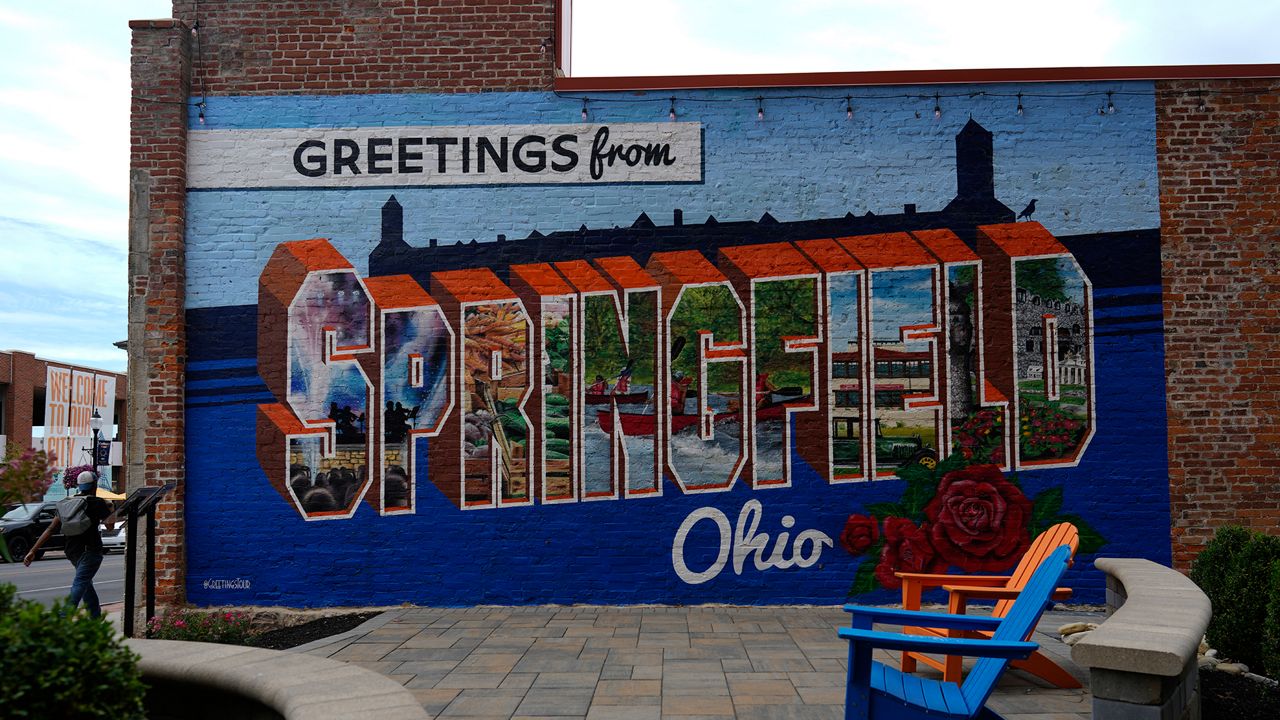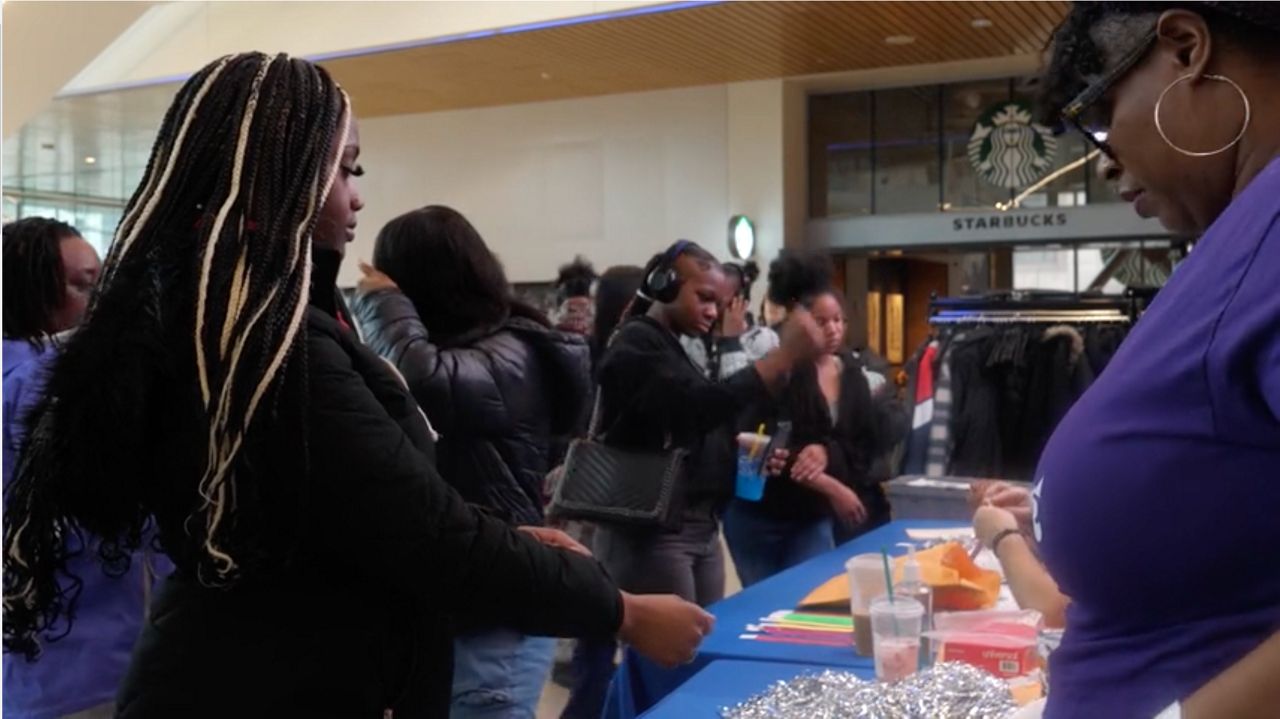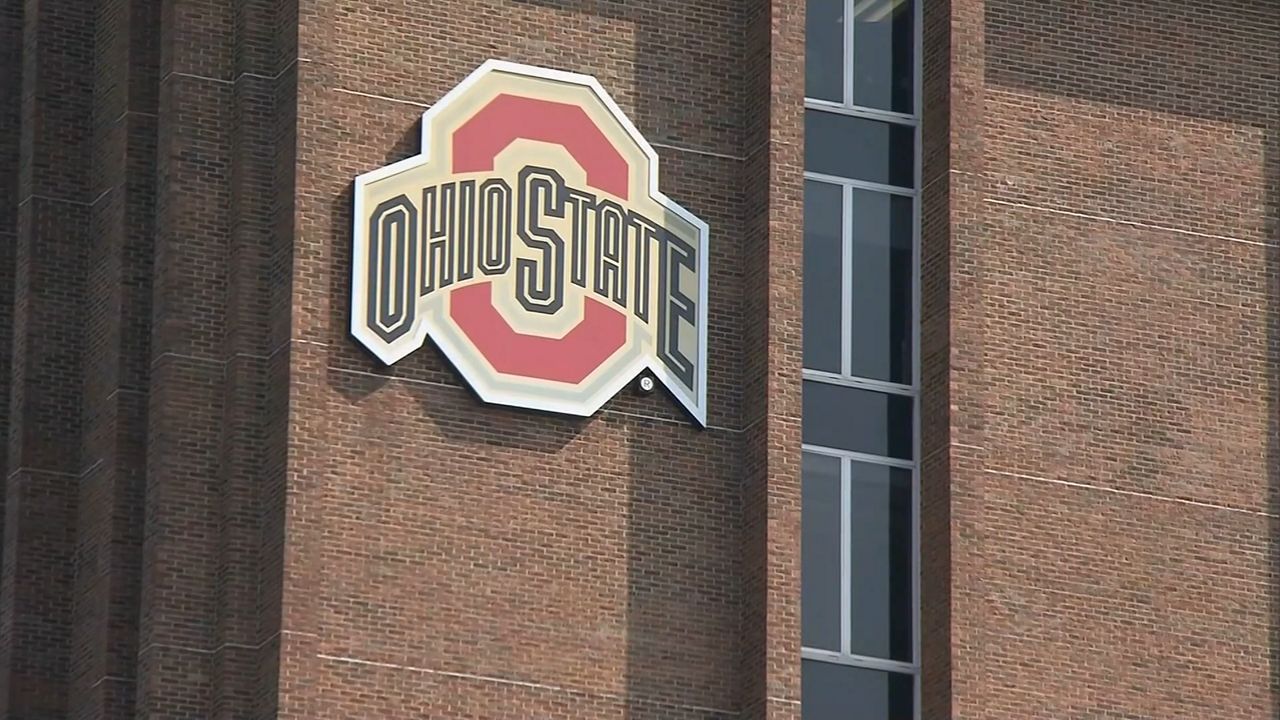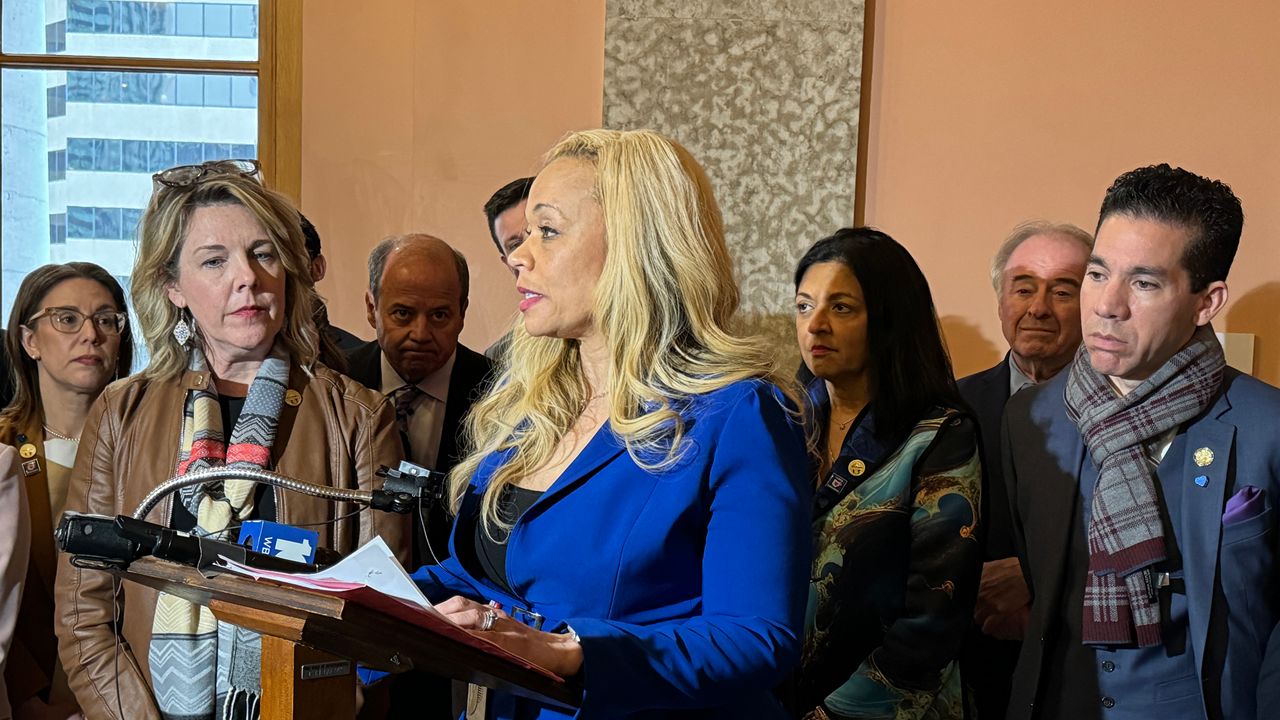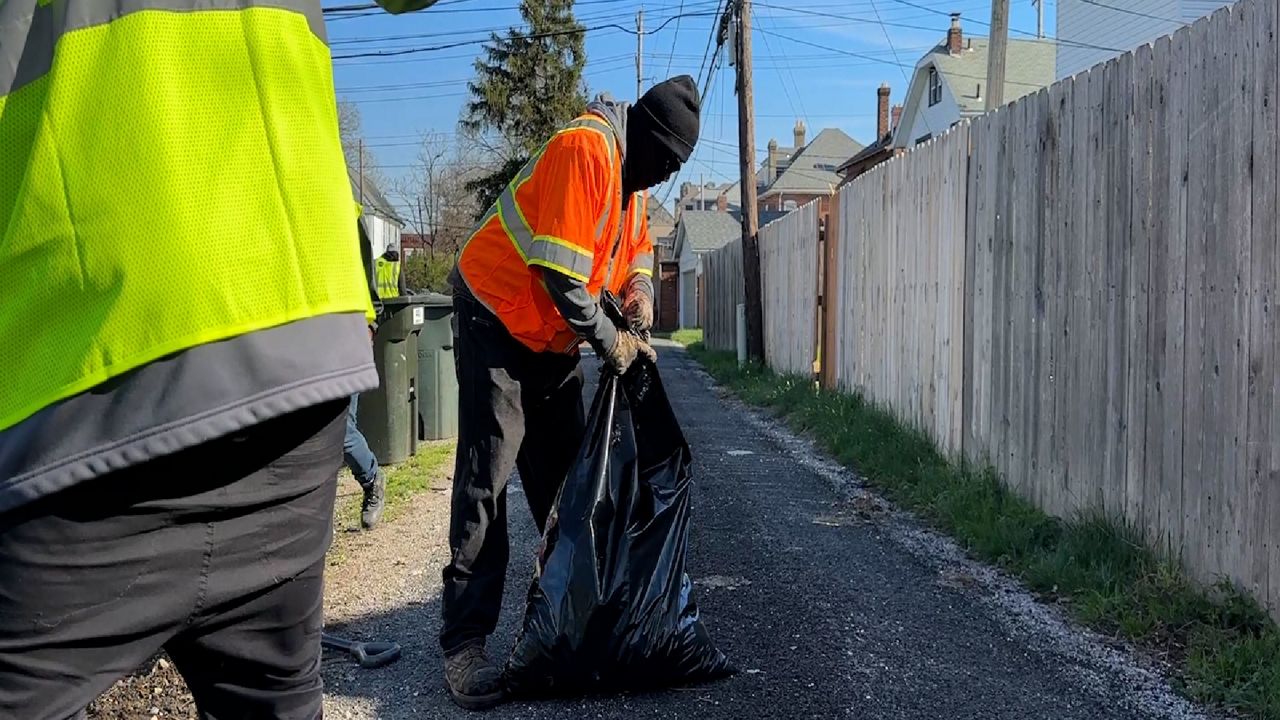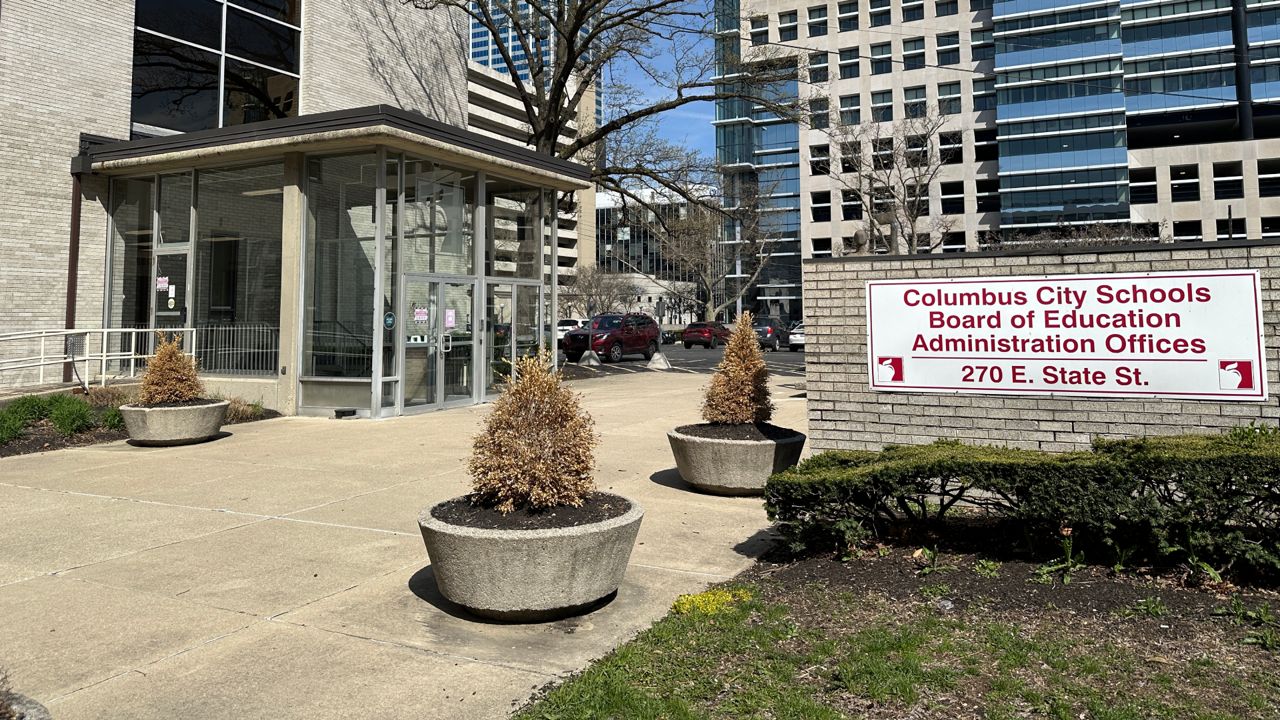SPRINGFIELD, Ohio — The city of Springfield has filed a lawsuit targeting white supremacy.
The suit—filed by the city—says the group fueled ethnic and racial hatred last summer against those who support the Haitians within its community.
According to the lawsuit, the group came to the city multiple times over a two-month period, disrupting a festival, issuing threats at a city commission meeting and even congregating outside the mayor’s house.
City leaders believe this at least partially provoked the dozens of bomb threats the city received in September. David Licate is a professor of criminal justice studies from the University of Akron, and he said it’s not unusual for neo-Nazi groups to be sued. What he says is different about this lawsuit is whose filing it – the city of Springfield.
“Litigation has been a primary tool, civil litigation, lawsuits for civil rights violations for over 25 years, so not a surprise,” Licate said “A city, a little bit different unit than individuals, but the mechanism is very similar.”
This lawsuit doesn’t specify the amount of damages the city is seeking, but Licate said there’s precedence.
“One of the, you know, more well-known cases that kind of started this, utility of using civil rights lawsuits was against the Aryan Nations back in 1999, 2000 where there was a multimillion dollar lawsuit that resulted in the bankrupting of that group,” Licate said.
Columbus recently dealt with a similar situation.
In November, a neo-Nazi group marched through the short north.
Zach Klein, Columbus city attorney, condemned the behavior. He said when something like this happens, there’s a risk involved for law enforcement.
“It’s not just hatred towards another race or religion, its really the eradication, getting rid of, murdering, killing folks that don’t look like them, that are not white that are non-Christian so their disgusting behavior is sickening,” Klein said. “If police or the city takes action against what is otherwise disgusting but yet protected conduct then that means the Nazis get a chance to sue government and get paid a lot of money for violations of their own First Amendment rights.”
Klein explained what crossing the line may look like.
“People can gather and assemble in this country," he said. "It’s protected by the First Amendment, and they can even do so to believe really terrible things. So the question is, when does that belief become action and, when it comes to action, that’s when you cross the bounds into the criminal law.”
No criminal charges have been filed against the neo-Nazis that marched in Columbus or Springfield.
The lawsuit is seeking both for compensatory and punitive damages.
But Licate said civil lawsuits can hurt hate groups just as much.
"What we're talking about here with the civil rights division of the FBI, civil lawsuits, we're holding people accountable through their checkbook," Licate said.




